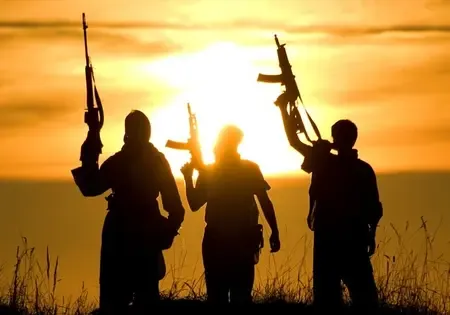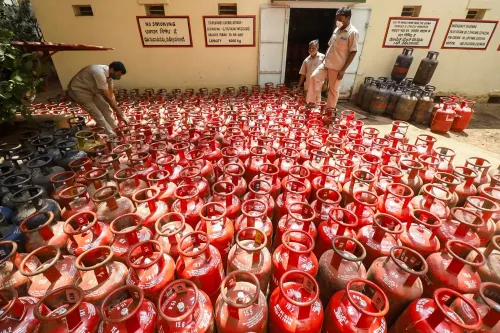Is Pakistan's Focus on Relocation Over Revival of Terror Camps Due to Taliban Tensions?

Synopsis
Key Takeaways
- Pakistan's terror camps are shifting locations frequently due to security concerns.
- Operation Sindoor has significantly impacted the operational capabilities of terror groups.
- Relations with the Taliban are increasingly strained, affecting security dynamics.
- The TTP poses a growing threat to state-sponsored terror groups.
- Temporary solutions are in place, but a permanent resolution is still needed.
New Delhi, Nov 8 (NationPress) The situation concerning terror groups in Pakistan has increasingly become about relocation rather than revival. Following the execution of Operation Sindoor, training camps for Lashkar-e-Tayiba and Jaish-e-Mohammad were moved out of Pakistan-occupied Kashmir (PoK). The operatives were relocated further into the depths of Pakistan to evade further strikes from Indian forces.
Initially, these operatives were positioned closer to the Afghanistan border for a few months of training. However, recent intelligence reports indicate that these camps are now being shifted from the Afghan border. This shift is largely attributed to the escalating vulnerabilities along the Pakistan-Afghanistan border, exacerbated by deteriorating relations with the Taliban, which have led to several skirmishes in recent months.
The Pakistan Army and ISI express concerns that terror camps situated near the border could become potential targets for the Taliban. An official stated that if these camps were to be attacked, it would be a significant embarrassment for Pakistan, especially after the Indian armed forces already struck them. The terror groups have begun to question the reliability of both the army and ISI following Operation Sindoor, due to their inability to provide adequate protection.
Intelligence agencies have reported that discussions between Pakistan and the Taliban are not progressing smoothly. Defence Minister Khwaja Asif acknowledged that negotiations have stalled, with no written agreements being reached as the Taliban prefers verbal understandings. This indicates a growing rift between the two nations, contributing to a precarious security situation along the border.
Currently, a fragile ceasefire exists, but many officials predict its collapse is imminent. With the border's vulnerability, Pakistan is left with little choice but to relocate the training camps to other areas.
Intelligence suggests that makeshift camps will be established in Rawalpindi and Lahore, providing better security for these operations. Security forces not engaged in conflicts with the Taliban or Tehreek-e-Taliban Pakistan (TTP) will oversee these camps, ensuring they are monitored effectively.
Post Operation Sindoor, the ISI faces numerous challenges. The operation not only dismantled terror camps but also diminished the morale of the terrorists. Ongoing tensions with the Taliban and TTP have further complicated matters, leading to a continuous cycle of relocation that undermines the confidence of these groups in the army and ISI's capabilities.
Moreover, the TTP regards groups like Jaish-e-Mohammad and Lashkar-e-Tayiba as proxies for the Pakistani state. Their conflict with the state means they would not hesitate to target these training camps established by the ISI.
Taking all these factors into account, the training camps are being moved yet again. Until the ISI finds a permanent resolution, terror groups have been instructed to focus on conducting rallies in cities such as Lahore and Islamabad to maintain morale and possibly boost recruitment.










